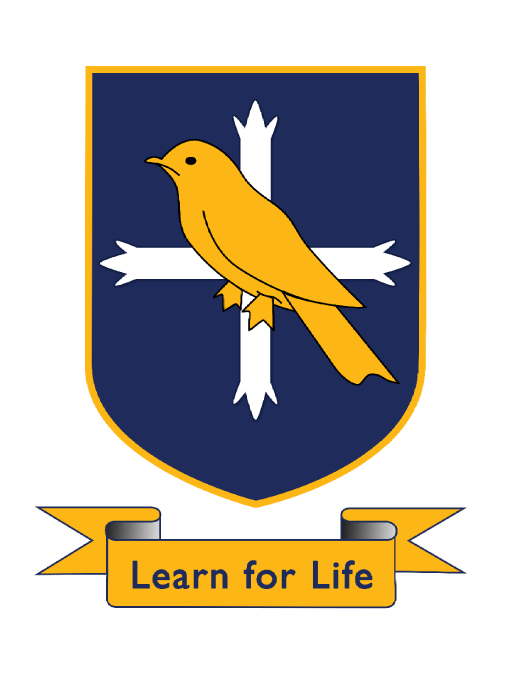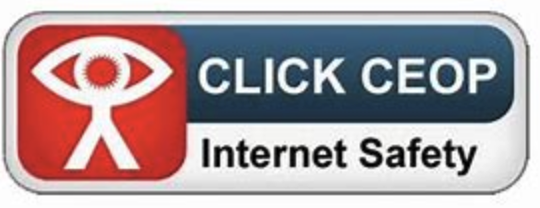INTENT
At St Edward’s CE Academy, we recognise that Computing is an important tool for interactions in society as well as being a fundamental part of modern teaching and learning. Pupils use computing tools to find, explore, analyse, exchange and present information responsibly, and creatively. Pupils learn how to employ ICT to enable rapid access to ideas and experiences from a wide range of sources.
Our intent is to encourage a creative way of thinking about technology, whilst also being aware of the potential dangers and limitations of its use. We aim to develop students’ knowledge and skills through hands-on computing sessions using a variety of media and software in order to prepare them for life beyond school. Alongside this, there is a rigorous and well-planned online safety strategy, which is taught explicitly in both PSHE and computing, and is incorporated, when relevant across the curriculum.
Our goal is to support our learners, and teachers, to become confident users of modern technology. Our vision is to inspire pupils so that they can develop the skills, knowledge and understanding which will enable them to use computing resources effectively to support learning across the curriculum. We feel a responsibility to ensure students are empowered to become critical thinking, digital citizens of the future so that they are prepared for the technology and careers of tomorrow which may not even exist yet!
Information and Communications Technology and Computer Science prepares pupils to participate in a rapidly changing world in which work and other activities are increasingly enabled and supported through access to an array of constantly developing technology.
CURRICULUM OVERVIEW
LEARNING JOURNEYS
COMPUTING AND TECHNOLOGY FACILITIES
At St Edward’s Church of England Academy, pupils take part in at least one lesson of computing specific learning per week. Our teachers, and pupils, have access to three fully stocked computing suites in addition to a class set of iPads and other technology to support and enhance teaching and learning in a range of subjects.
CULTURAL CAPITAL AND PERSONAL DEVLEOPMENT
At St Edward’s we offer to learn computing outside of the classroom in our STEAM club. In this club, you will learn how Science, Technology, Engineering, Art and Mathematics can be used to tackle real life scenarios, as well as entering the national First Tech Challenge robotics competition. In the FIRST Tech Challenge, you will learn to think like an engineer. Teams of pupils design, build, and code robots to compete against other teams across the country and maybe even internationally at the higher levels!


